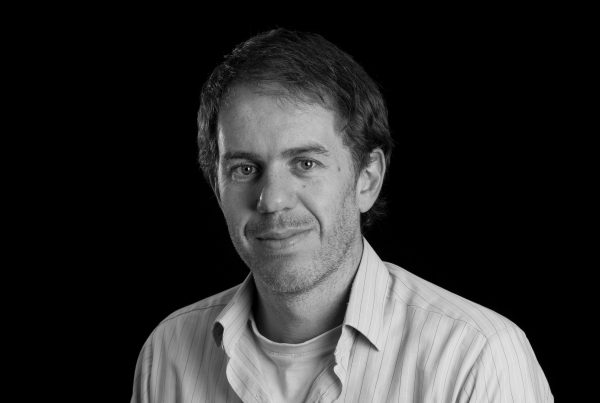* 2018 - Coordinator of CRG Systems Biology Program * 2017 - EMBO Member * 2014 - Senior Group Leader, CRG * 2014-17 - AXA Chair in risk prediction in age-related diseases, CRG * 2010 - EMBO Young Investigator * 2009 - ICREA Research Professor * 2007 - ICREA Junior Researcher * 2006 - Group Leader, EMBL-CRG Systems Biology Unit, Centre for Genomic Regulation, Barcelona * 2004-06 - Postdoctoral Fellow, Fraser Lab, The Wellcome Trust Sanger Institute * 2004 - PhD University of Cambridge * 2000 - BA Natural Sciences, University of Cambridge
Research interests
Many mutations, for example disease causing mutations in humans, are not harmful in all of the individuals who carry them. When do genetic changes result in phenotypic change? When do they not? How do mutations combine together to alter phenotypes? Why is this and how can this be predicted? How and why do mutation rates vary across the genome? How does the physiology and environment of one generation influence subsequent generations? How do chance events influence the characteristics of individuals? These are the main questions that drive our research, and we use both experimental and computational approaches to address them. Most of our work is hypothesis driven and we choose model systems and approaches to best answer the question at hand, particularly model organisms where we can perform large-scale and highly quantitative genetic analysis. In short, we aim to identify, understand and predict how genetic variation occurs and when it results in phenotypic variation, both at the level of the typical outcome in a population and also in each particular individual.
